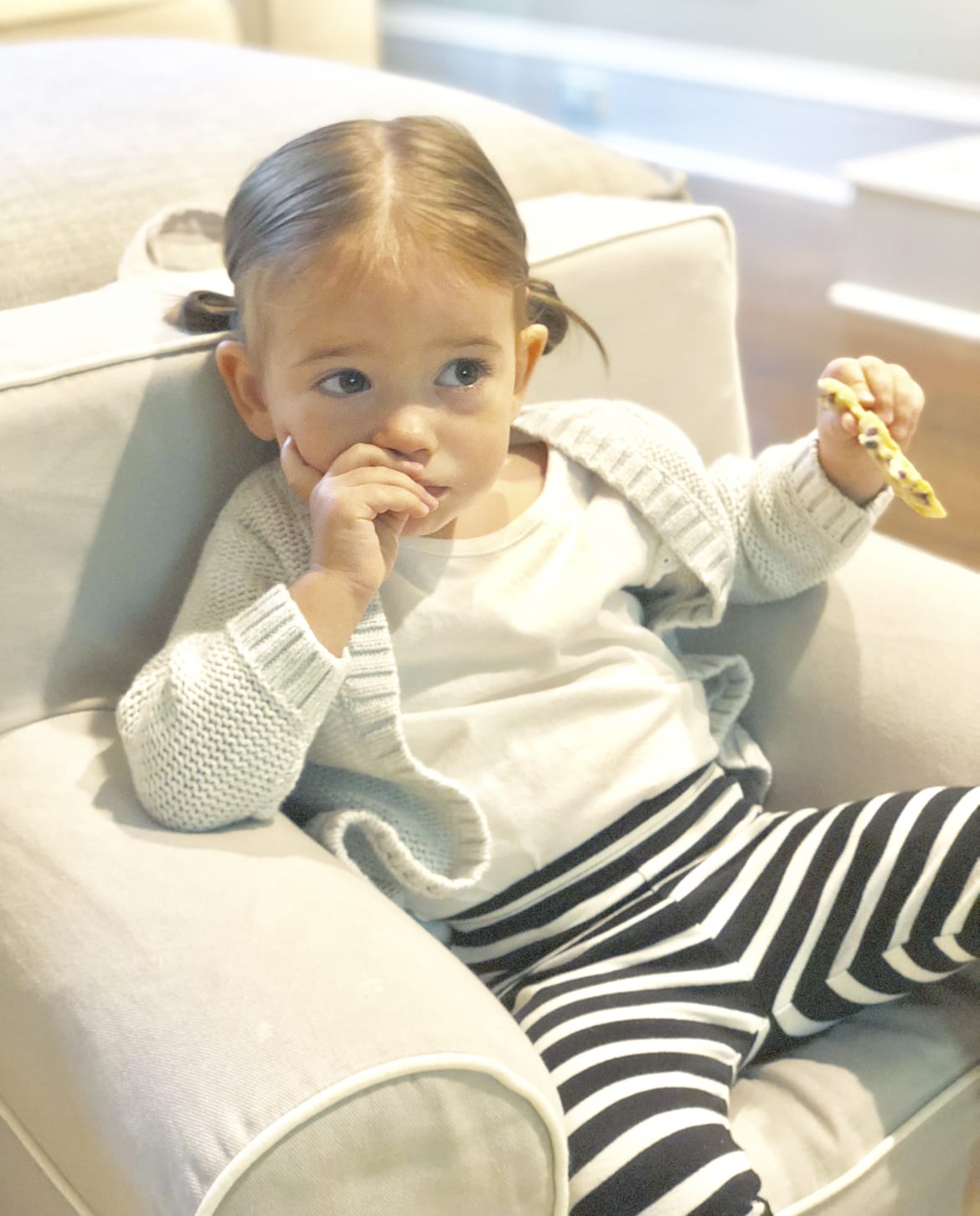
LIMIT EXPOSURE TO THE NEWS
- Determine how much news, and the type of news, that is age-appropriate for your child.Take into consideration how old your child is as well as how emotionally mature they are. Encourage them to take breaks and limit television and screen time. It’s also good to monitor what they’re looking at on their phones, iPads and computers.
- Be mindful of how much news your child is exposed to. Pay attention to how much your child might be overhearing you talk about it with your spouse or over the phone. Remember to turn the TV off. It can be overwhelming and intrusive to have the news playing in the background constantly.
- Be present if your child is watching the news. This gives you the opportunity to discuss the content as it’s happening. It also provides you with the option to turn it off if it becomes too much or you deem it inappropriate.
DETERMINE YOUR CHILD’S LEVEL OF UNDERSTANDING
- Consider your child’s age and development. The magic number is typically 7-8 years old for a child to understand and realize that the news is real. Especially for children who get a lot of screen time, they don’t realize that it’s real life events until about that age. It’s harder for younger children to understand the difference between facts and fantasy.
- Ask your kids questions to see if they know about a current event. For school-age kids and teens, you can ask what they have heard at school or on social media.
- Follow your child’s lead. Don’t push the conversation. If they don’t seem interested in the event or talk about it, leave it alone.
BE HONEST AND CONCISE
- Listen carefully. Give them an opportunity to ask you questions and express their concerns or fears. It’s important for them to know you are listening and will answer their questions and ease their worries.
- Tell the truth and limit what you share. Only share what your child seems to be interested in. Use a calming tone and words that make them feel safe.
- It’s OK to not have answers. As with everything, we don’t have all the answers. It’s important for children to know that even parents don’t have the answer to everything.
EMPOWER YOUR CHILDREN TO FEEL IN CONTROL
- Encourage your child to talk. Try to get children to open up, on their own terms. Make them feel comfortable and safe. If they are not ready to talk, take some time off from the subject and dry again when things have settled.
- Teach your children to be prepared, not panicked. Teach your children how to prepare for, or avoid, the issues that are at hand. For example with COVID, talk about ways to protect yourself.
- Highlight the good. After tragic events, there are always people doing good. Help them find the uplifting stories to show them that there is also good in this world.
- Guide teens and young adults to see beyond the story. Educate your children about agendas in news stories and the concept of hysteria.
- Create a learning opportunity. Make this a bigger conversation about our world, the human race, and coping.
KEEP AN OPEN DIALOGUE
- Talk about current events regularly. If age appropriate, make current events a regular topic within your family. It’s a good skill to have since it can often make people uncomfortable and create heated debate. Helping them practice discussing controversial issues can be a great tool.
- Model appropriate behavior. Show them through your words and your actions how to handle the stress of news. Stay calm. Stay informed. Exercise coping mechanisms. Communicate.
- Get educated and work with professionals. Research different tools and parenting resources to effectively help your children cope during crisis and traumatic events.
- Look for signs of stress. Monitor changes in your child’s behavior. Things to look for are changes in sleeping or eating or playing. If your child seems uninterested in playing or they start showing signs of anxiety you should contact your child’s doctor or behavioral health care provider.
ADDITIONAL RESOURCES
